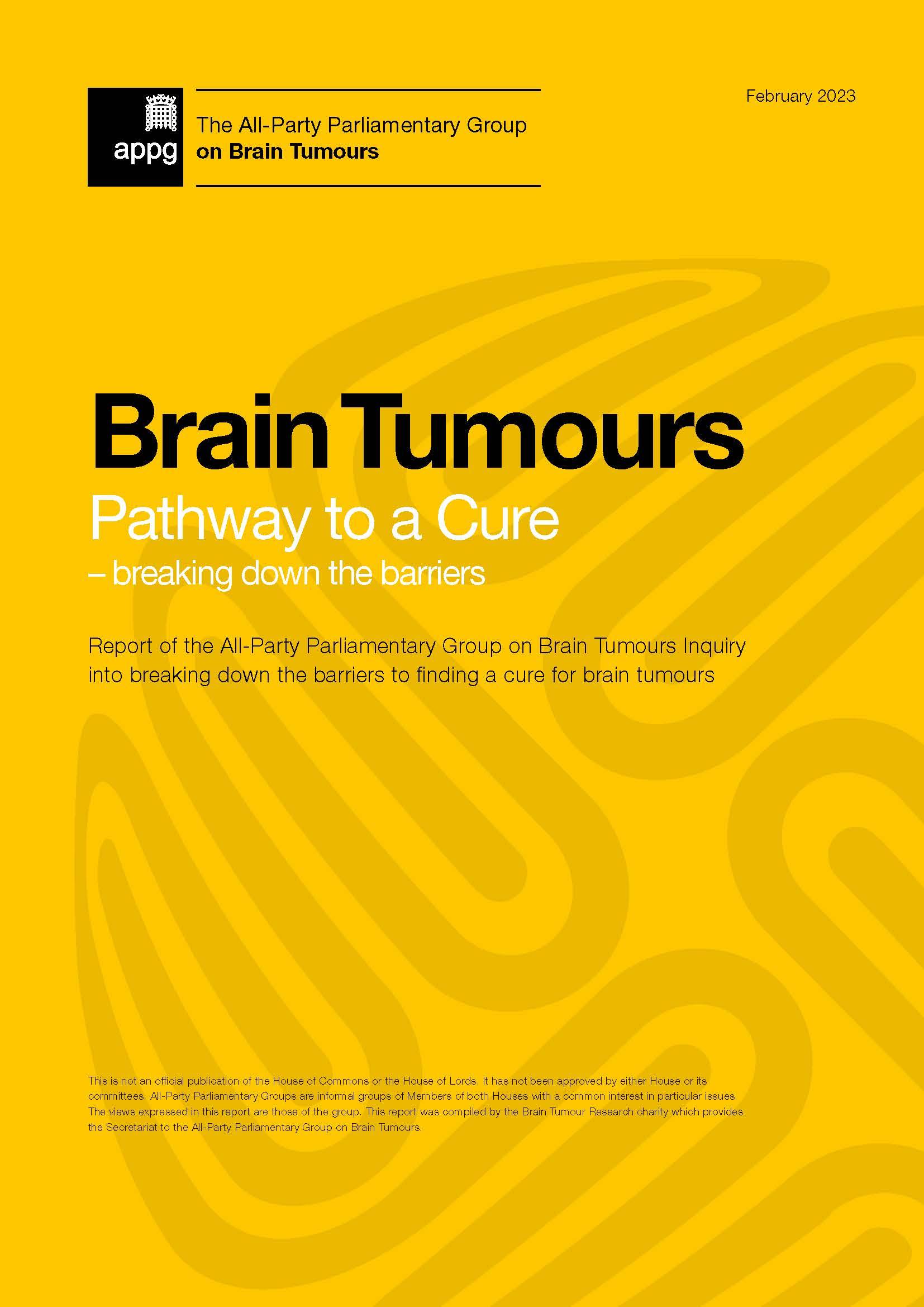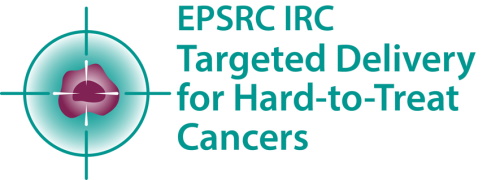
Submitted by Claire McGlynn on Mon, 04/09/2023 - 17:08
The All-Party Parliamentary Group on Brain Tumours (APPGBT) says wide-ranging changes are needed in how brain tumour research is funded because the current funding system is “unfit for purpose”.
The call comes in a new report "Pathway to a cure – breaking down the barriers" based on an inquiry held by the APPGBT which heard from leading clinical researchers, scientists, industry and charitable funders.
Scientists and clinicians told the inquiry that there is a gap in research funding along the pathway of discovery, translational and clinical research. The research funding system has been built in silos and needs to be joined up from basic science through to clinical trials.
According to Derek Thomas MP, chair of the APPGBT: “I firmly believe that the Government wants to fund brain tumour research and the researchers clearly want funding so there is supply and there is demand but the mechanism for this to function as an effective market system is broken.”
To fix it, the report makes six key recommendations. The Government should make brain tumour research a critical priority, developing a strategic plan for adequately resourcing and funding discovery and clinical research by 2024, ring fencing £110 million of new and current funding to get this started, it says.
The report also recommends that the Government ensures a robust tissue collection and storage infrastructure across the UK, and that Government does more to build research capacity to encourage and retain talent through fellowships and research incentives.
Welcoming the report, IRC member Associate Professor Ruman Rahman of the University of Nottingham, who gave evidence to the inquiry, said: “The UK urgently needs a properly resourced pathway to a cure for brain tumours. I urge government to listen to the desperate voices of patient, research and clinical communities who contributed to the APPGBT inquiry report.
“If the recommendations are realised, sustained increased research funding, equity of patient access to clinical trials, and simplifying regulatory processes, will have a transformative impact on our shared goal of longer survival and kinder treatments for patients.”
In early 2018, the Government announced £20 million for brain tumour research. This was boosted by a pledge of £25 million from Cancer Research UK with the Government allocating a further £20 million after the death of Dame Tessa Jowell MP.
In the five years since then, however, too little of this Government funding has flowed into researchers’ hands. “Patients and families continue to be let down despite the Government’s promise of millions of pounds of investment that has not materialised,” the report says.
By 2022, there were no new treatments and five-year survival for patients remains at 12%. Brain tumours remain the biggest cancer killer of children and adults under the age of 40. Yet by January 2023, only £15 million of the £40 million committed by the Government in 2018 had been spent, with £6 million of this spending not easily identifiable as relevant to brain tumours.
Since 2002, National Cancer Research Institute (NCRI) partners have funded £10 billion of cancer research. However, only £126 million (1.3%) of this was spent on brain tumour research. During the same period £775 million was spent on breast cancer research (7.8%) and £551 million on leukaemia research (5.5%).
As a result of better treatments, five-year survival rates have increased to 85% and 54% respectively, and over the past 40 years, survival of those with breast cancer has doubled and with leukaemia quadrupled.
Pathway to a cure – breaking down the barriers, All-Party Parliamentary Group on Brain Tumours, 2023


